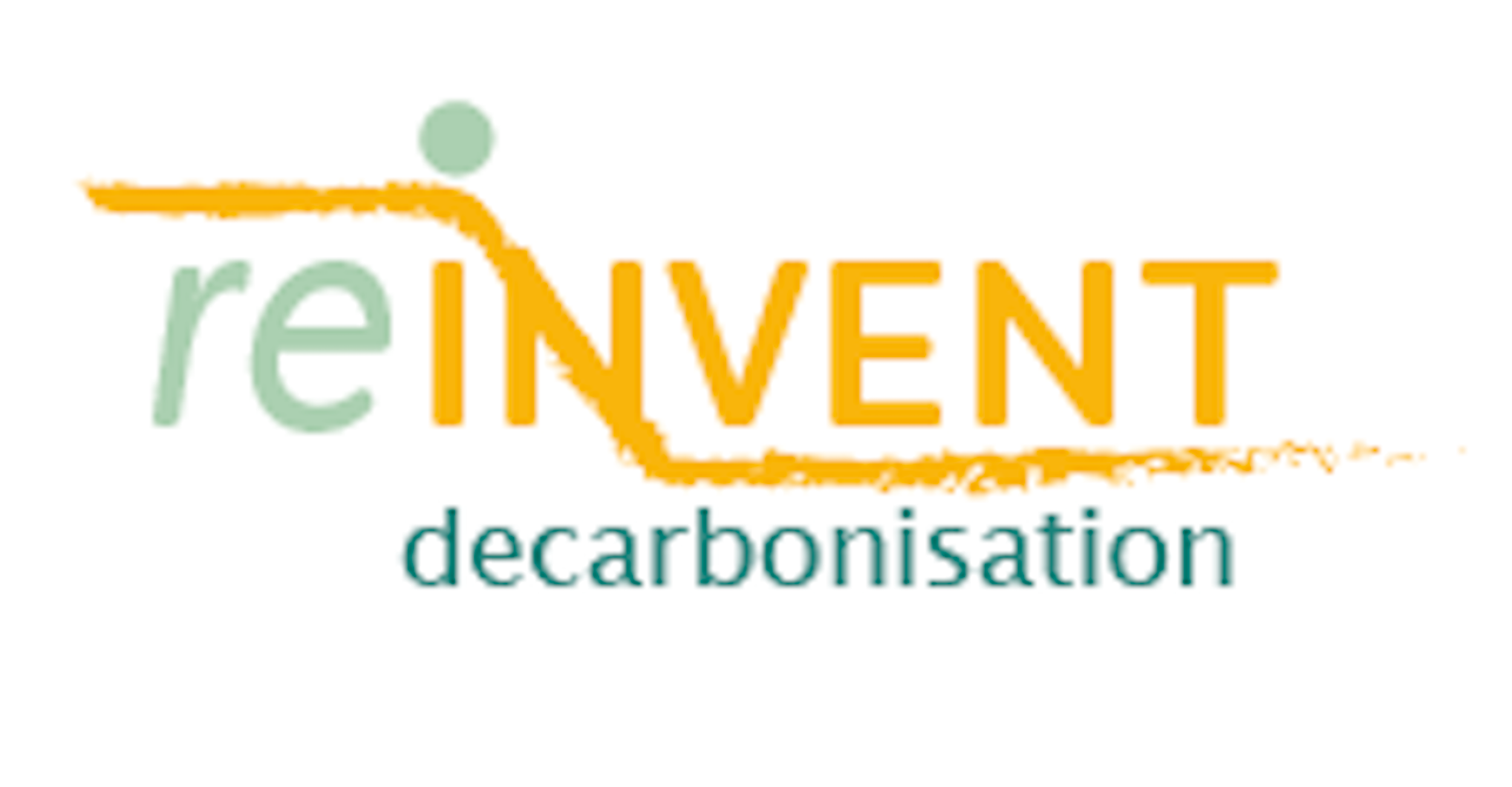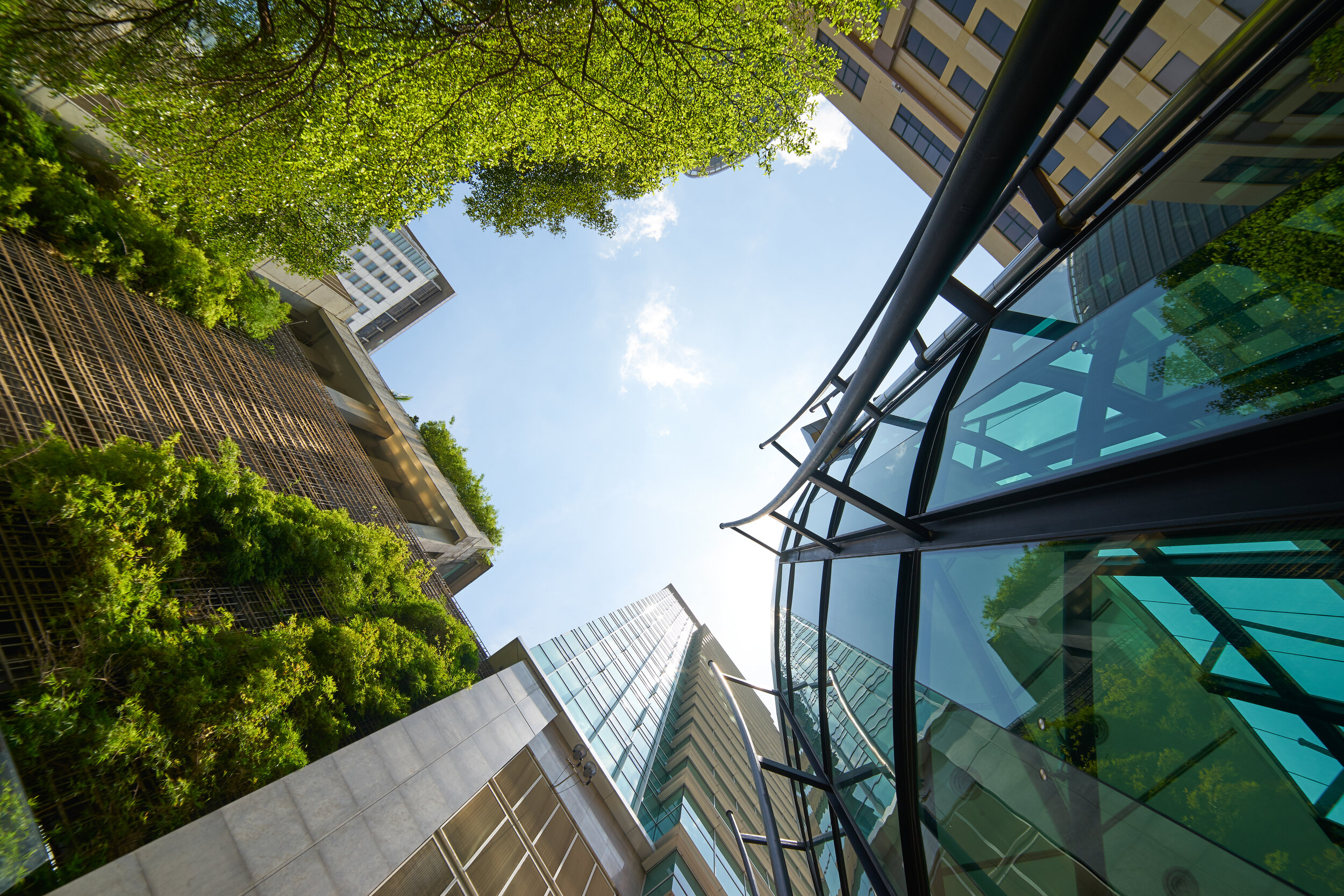What will make deep decarbonisation a reality?
Drastically reducing greenhouse gas emissions requires manifold changes across economies and societies, and a clear policy vision. REINVENT project demonstrates the complexity and diversity of decarbonisation options across the economy, the importance of contextual factors, financing, and emerging links between key sectors. Welcome to this portal to learn more on how to make deep decarbonisation a reality.
Deep decarbonisation, meaning a society where greenhouse gas emissions are drastically reduced, requires manifold changes across economies and societies. These range from altered consumption patterns and using less materials (Q11) to technological shifts in the production of steel, paper, plastics, and food. For these purposeful changes to happen, an important step is to create a clear direction and shared vision for the development of society and industry towards decarbonisation (Q6). It is not only for the EU, national governments, and industry (Q7) to drive this change but also consumers, institutional investors, social movements and other actors (Q8, Q9).
Efforts to reduce emissions include those which seek to reduce demand for raw materials or products and thus also for energy, increased circularity, energy and materials efficiency, electrification, and fuel switching, as well as carbon capture, utilisation and storage (CCUS). Demand reduction, efficiency and circularity are important strategies to reduce the need for primary materials production (Q10, Q12). The exact configurations of solutions vary across sectors and contexts, but electrification, fuel switching and CCUS will be necessary to reach zero or negative emissions in several sectors, and reducing primary production will mean less pressure on natural resources. Similarly, dietary shifts in combination with technology change can reduce agricultural emissions and pressure on land use (Q3). Decarbonisation will not be achieved by industry alone. New social actors and developments can be observed in the field of plastics (Q2) and food (Q3), for example, which initiate and perpetuate a change in social norms and culture that shape the demand for goods. Such initiatives motivate many people to think more deeply about a sustainable world and to work for climate protection, whether in their business, private lives or in organised community actions.
Industrial transformation is a relatively new policy challenge, and policy-makers can learn and benefit from current social developments. New challenges, such as the plastic crisis, require mutual and collective learning and capacity building for developing solutions, strategies, and governance (Q2). Current policies have been strong in supporting research and innovation but have paid less attention to creating and reshaping sectors and the required infrastructures needed to implement decarbonisation (Q14). This can be done for example through promoting green protein transitions or creating conditions for investments in fossil-free steelmaking (Q4).
The REINVENT project has shown the complexity and diversity of decarbonisation options across the economy, the importance of contextual factors, financing (Q13), and emerging links between key sectors that will shape the possibilities for change (Q5). We show that carbon pricing is only one of many drivers for decarbonisation, and many more options are more viable. While this project does not have all the answers, it strongly demonstrates that deep decarbonisation requires policy to deliver a clear vision, research and innovation, market creation, capacity building, international policy coherence and attention to social welfare. For more nuanced and elaborate discussions we welcome you to this portal and our various results.


